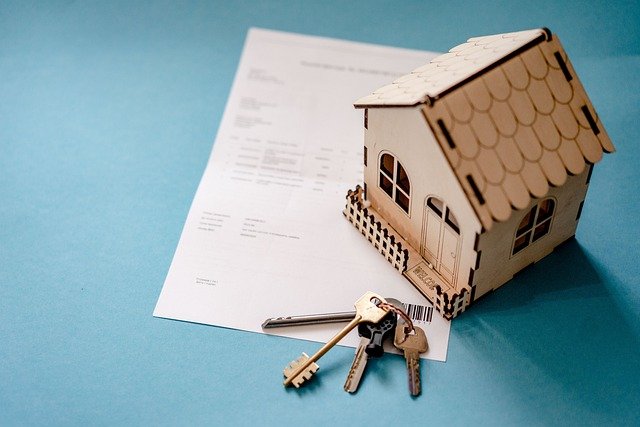Understanding Future Broadband: The Possibilities and Prospects
In an era where fast, reliable internet is no longer a luxury but a necessity, how prepared are we to usher in the future of broadband technology? This article delves into the world of future broadband, shedding light on the technological advancements shaping its evolution and the challenges it grapples with.

Starting from the humble dial-up connections to the high-speed broadband of today, the journey of internet connectivity has been nothing short of remarkable. The need for speed and continuous internet connection has been the driving force behind these advancements. The demand for better, faster, and more reliable broadband services is ever-increasing, and the telecom industry continues to innovate to meet these demands.
Broadband: A Brief History and Technological Advancements
Broadband has come a long way since the inception of the internet. Over the years, the technology has evolved considerably, moving from dial-up to DSL, cable, and fiber optics. Each new iteration brought with it increased speed and reliability, with fiber optic technology currently being the fastest and most reliable form of broadband. However, as technology continues to advance at a rapid pace, we are on the brink of yet another revolution in broadband technology.
Emerging Trends in Broadband Technology
The future of broadband technology is likely to be shaped by several emerging trends. These include the increased use of AI and machine learning in network management, the transition towards virtualized networks, and the adoption of Open RAN technology. Furthermore, the demand for broadband services in remote and rural areas is driving the development of innovative solutions like satellite broadband and high-altitude platform systems (HAPS).
The Impact of Future Broadband
Future broadband will undoubtedly have a significant impact on various aspects of society, economy, and individual lives. With faster and more reliable internet, we can expect to see advancements in areas like remote work, telemedicine, online education, and e-commerce, among others. However, these benefits will not come without challenges.
Challenges for the Future of Broadband
The future of broadband faces several challenges, from infrastructure and network security to regulatory issues and digital divide. As broadband technology evolves, the need for robust, secure, and scalable infrastructure becomes more pressing. Similarly, with more devices getting connected to the internet, network security becomes a significant concern. Additionally, the digital divide remains a persistent issue that needs to be addressed.
Practical Applications of Future Broadband
Despite the challenges, the future of broadband holds immense promise. From enabling smart cities and facilitating remote work to improving healthcare delivery and enhancing online education, future broadband is set to revolutionize various aspects of our lives. However, to fully realize these benefits, concerted efforts are required from all stakeholders, including telecom companies, governments, and consumers.
In conclusion, the future of broadband presents exciting opportunities and formidable challenges. As we stand on the brink of another revolution in internet connectivity, it is crucial to understand these dynamics to navigate the future effectively. Whether you are a consumer, a business owner, or a policy-maker, keeping abreast of the latest developments in broadband technology can help you make informed decisions and seize the opportunities that the future of broadband offers.




